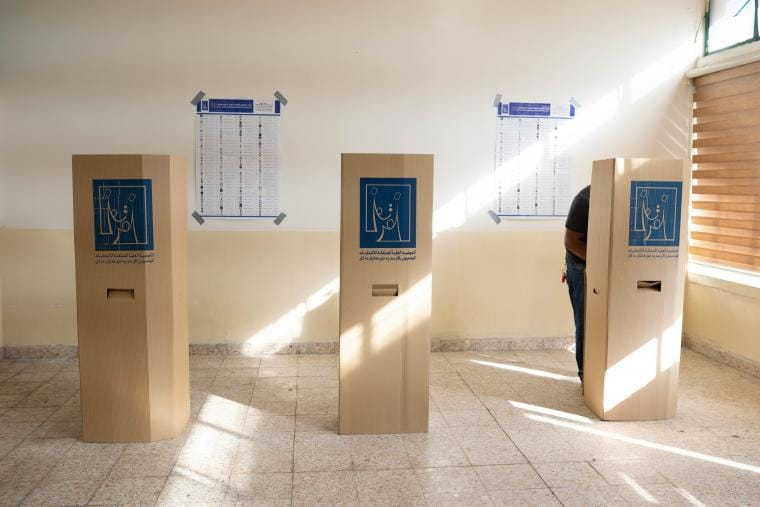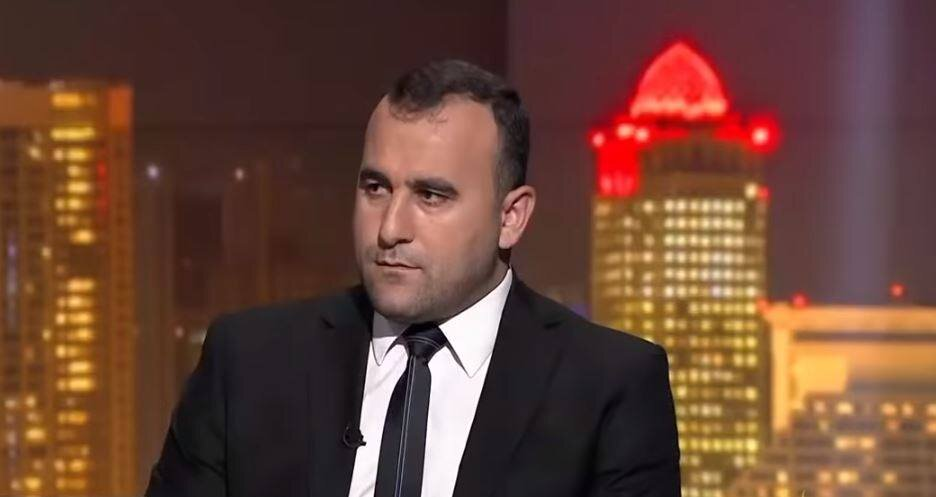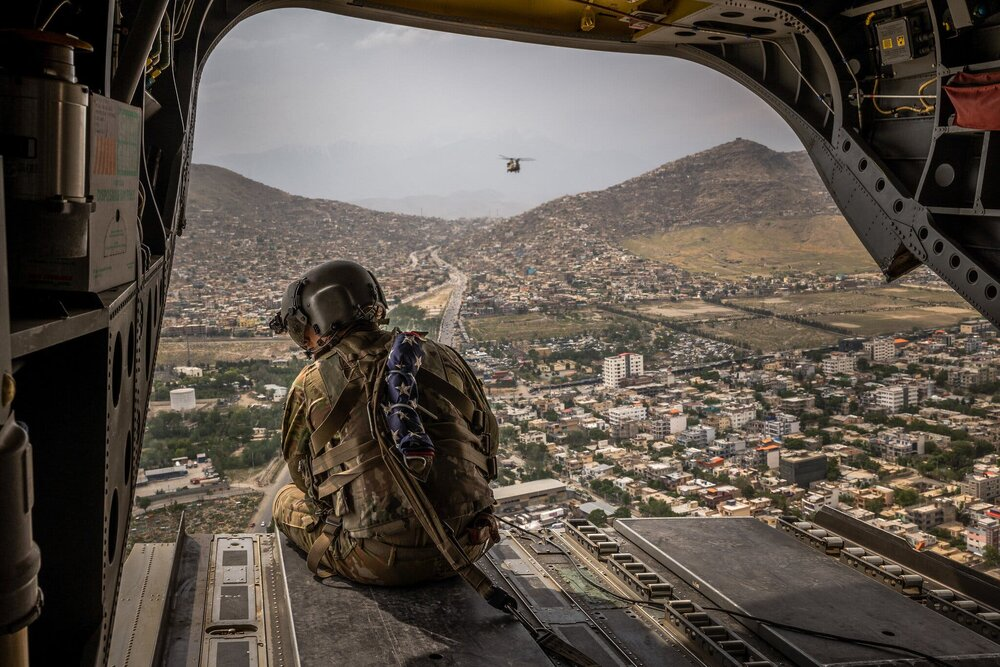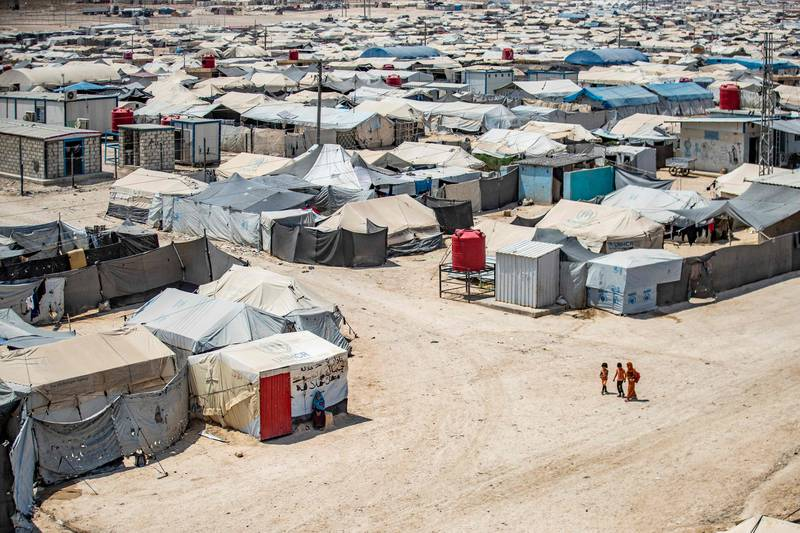“Without Us, There Would Be No Islamic State:” The Role of Civilian Employees in the Caliphate

Abstract: In its state-building project, the Islamic State had to rely extensively on civilian employees to staff its governing institutions. But despite the importance of these civilian employees to the Islamic State, there has been relatively little scholarship published on their role, and there has been a lack of understanding of the different types of employees. Interviews with 43 former Islamic State civilian employees shed light on the two distinct categories of Islamic State employees: those who became full members of the group (muba`yain) and those who did not (munasirin). There are significant differences in how these two categories were treated by the Islamic State, the positions they were able to fill, the financial benefits they received, and the processes through which they joined and left Islamic State employment. The anecdotal evidence suggests that civilian Islamic State employees in specialist occupations or who were particularly useful to the group had greater latitude to push back against the Islamic State or in other words had a greater degree of moral agency. Understanding the nuances is important in assessing the culpability of the Islamic State’s civilian workers and the danger they may pose in the future.









